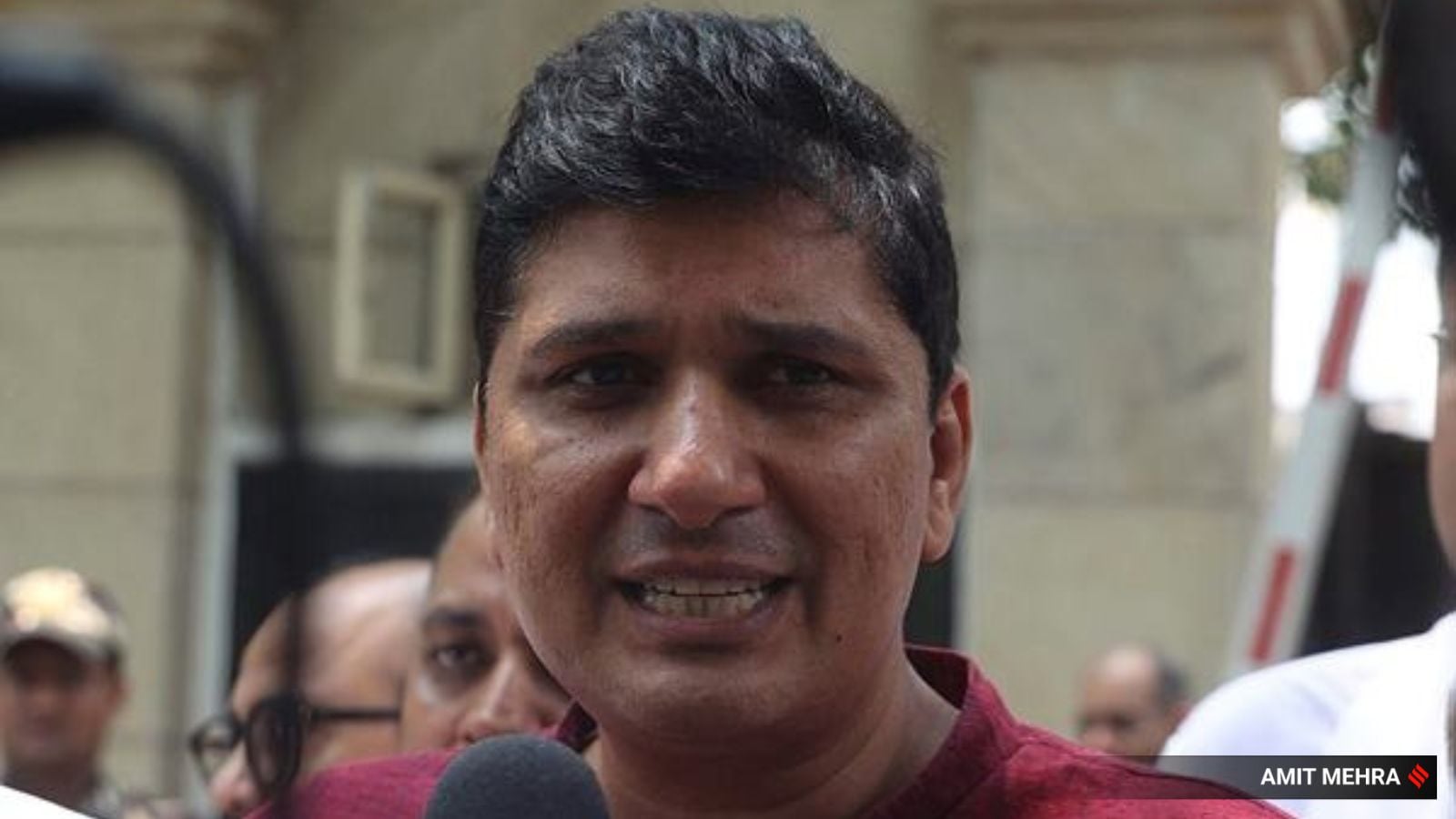 |
|
The political landscape in Delhi is currently embroiled in a heated controversy surrounding the lavish renovation of Delhi Chief Minister Atishi's residence, nicknamed "Sheesh Mahal" (Palace of Mirrors) by the opposition BJP. The Aam Aadmi Party (AAP), the ruling party in Delhi, finds itself at the center of a public relations battle, defending the expenditure on the residence against accusations of extravagance and misuse of taxpayer funds. The BJP, on the other hand, is aggressively leveraging the issue to discredit the AAP government, painting a picture of a regime indulging in luxurious spending while the common people struggle. This conflict highlights a deeper tension between the two parties, revealing underlying power dynamics and contrasting visions of governance.
The core of the dispute revolves around the reported cost of the renovation. While an audit report indicates an expenditure of Rs 33.66 crore, significantly exceeding the initial estimate of Rs 7.91 crore, the BJP claims the actual cost is even higher, exceeding Rs 75 crore. This discrepancy fuels the opposition's narrative of fiscal mismanagement and irresponsible use of public funds. The AAP, however, defends the renovation cost, arguing that the work was necessary to maintain a secure and functional residence for the Chief Minister. They further counter that the renovation is not out of line with similar costs incurred on other high-profile government residences, subtly suggesting that the BJP’s criticism is politically motivated.
The AAP's response has been assertive and defiant. AAP leaders Sanjay Singh and Saurabh Bhardwaj have organized protests, attempting to gain public access to the Chief Minister's residence to disprove BJP’s claims of opulent features like mini-bars, golden toilets, and swimming pools. Their attempts to open the gates of the residence have been thwarted by heavy security, leading to further accusations of government opacity and a suppression of transparency. This strategy aims to turn public opinion in their favor by portraying the BJP's actions as an attempt to hide the truth and avoid accountability. The AAP's willingness to open the doors of the “Sheesh Mahal” to public scrutiny stands in stark contrast to the BJP's apparent reluctance to do the same with the Prime Minister's residence, further escalating the political tension.
The contrast between the AAP’s open invitation to the public and the BJP's perceived unwillingness to cooperate highlights a larger battle for public trust and perception. The BJP's insistence on the high cost of the renovation without providing concrete evidence fuels the narrative that the accusations are politically motivated. The AAP's counter-argument about the necessity of renovation and the comparative cost of the Prime Minister's residence attempts to shift the focus to a broader critique of government spending across all levels. This rhetorical battle is indicative of a deeply polarized political climate in India, where even seemingly straightforward issues like government spending become battlegrounds for partisan conflict.
Beyond the immediate political implications, this controversy raises broader questions about transparency and accountability in government spending. The significant discrepancies in reported costs highlight the need for greater transparency in the budgetary process and stronger mechanisms for ensuring effective oversight of public funds. The public deserves a clear and detailed account of how their tax money is being utilized, regardless of political affiliation. This case underscores the importance of independent audits and the need to ensure that such reports are accessible and easily understandable to the public. The controversy also highlights the role of media in informing public discourse and holding those in power accountable. The intense media coverage surrounding this event demonstrates the importance of a free press in a democratic society.
The ongoing conflict serves as a reminder of the inherent complexities in government spending and the challenges of balancing the needs of security and functionality with public expectations of frugality and accountability. As the debate continues, it is crucial that both parties present verifiable evidence and engage in constructive dialogue to inform public opinion and reach a resolution. The ultimate outcome of this controversy will likely have broader implications for the future of governance in Delhi and potentially across the country, shaping public perceptions of both the AAP and the BJP and impacting future policies regarding government spending and transparency.
